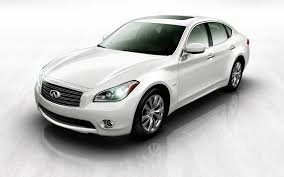vehicle
英 [ˈvɪə.kəl]
美 [ˈviː.ə.kəl]
- n. [车辆] 车辆;工具;交通工具;运载工具;传播媒介;媒介物
使用频率:

中文词源
vehicle 交通工具
来自拉丁语vehere,携带,运载,来自PIE*wegh,走,运送,词源同wagon,way,引申词义交通工具。
英语词源
- vehicle
-
vehicle: [17] A vehicle is etymologically something that ‘carries’. The word comes via French véhicule from Latin vehiculum, a derivative of vehere ‘carry’. This also gave English convex, inveigh, vector [18] (etymologically a ‘carrier’), and vex [15], and it came ultimately from a prehistoric Indo- European base *wegh-, ancestor also of English waggon, way, weigh, etc.
=> convex, inveigh, vector, vex, waggon, way, weigh - vehicle (n.)
- 1610s, "a medium through which a drug or medicine is administered," also "any means of conveying or transmitting," from French véhicule (16c.), from Latin vehiculum "means of transport, vehicle, carriage, conveyance," from vehere "to bear, carry, convey," from PIE *wegh- "to go, transport in a vehicle" (cognates: Old English wegan "to carry;" Old Norse vegr, Old High German weg "way;" Middle Dutch wagen "wagon;" see wagon). Sense of "cart or other conveyance" in English first recorded 1650s.
权威例句
- 1. The vehicle that permitted both communication and acceptability was social revolution.
- 既能实现交流又能被广为接受的手段就是社会革命。
- 2. The President's unescorted vehicle was ambushed just outside the capital.
- 刚出首都,总统无人护卫的汽车就遭到了伏击。
- 3. The driver managed to escape from the vehicle and shout a warning.
- 那名司机设法从车里逃了出来并大声警告别人。
- 4. A few minutes later the bomb went off, destroying the vehicle.
- 炸弹几分钟后爆炸,炸毁了那辆车。
- 5. She did none of the maintenance on the vehicle itself.
- 她对车子本身没有进行半点养护。
